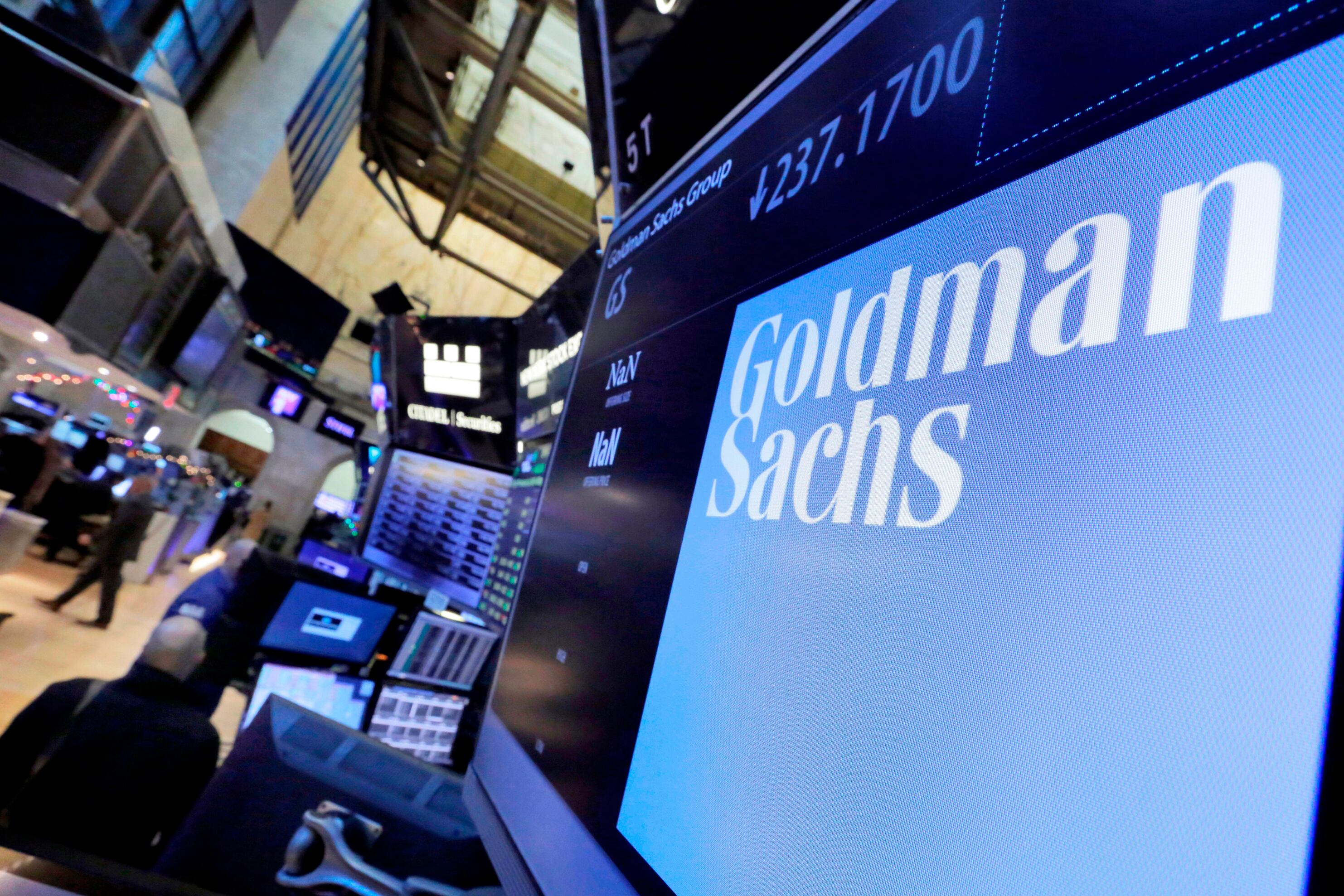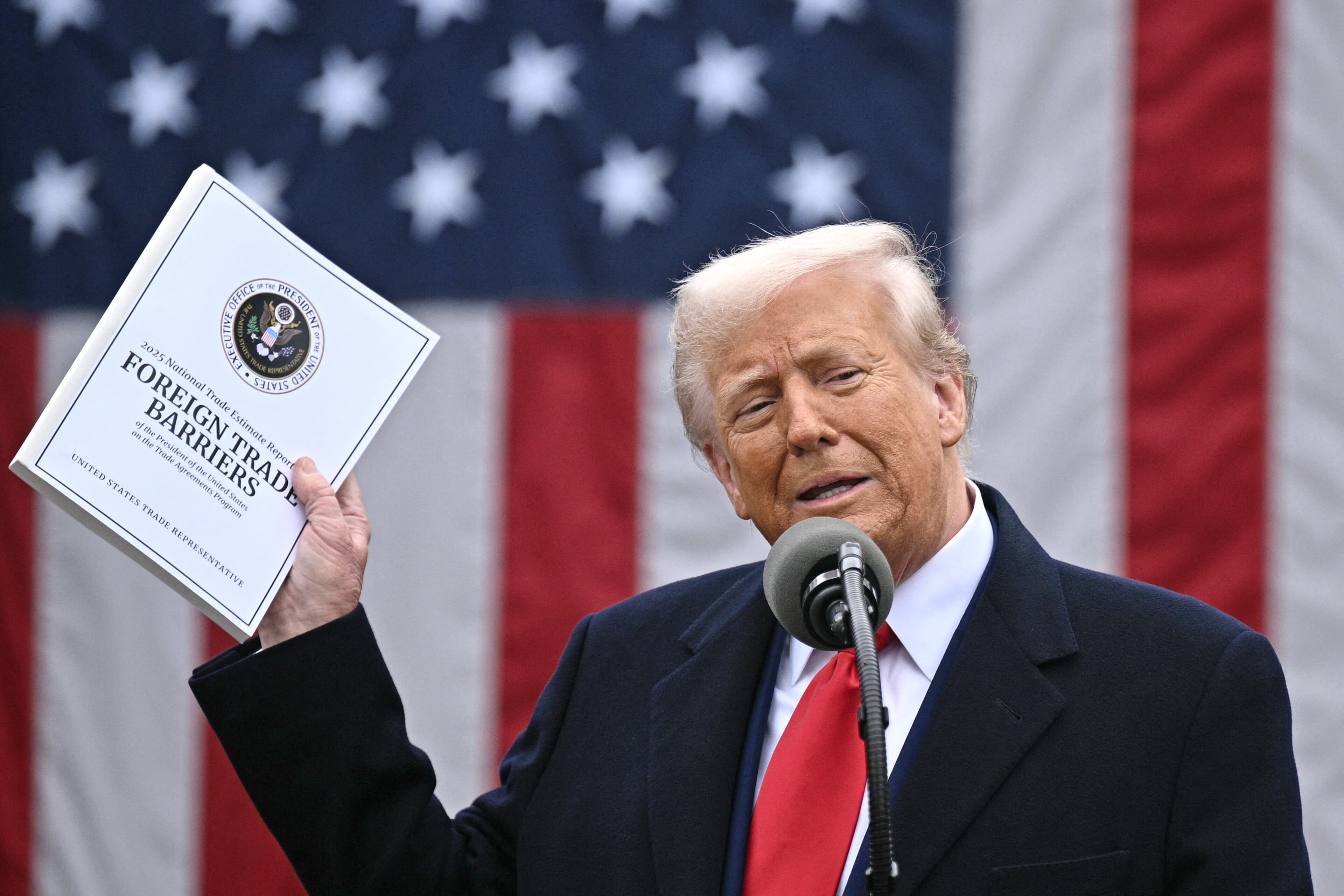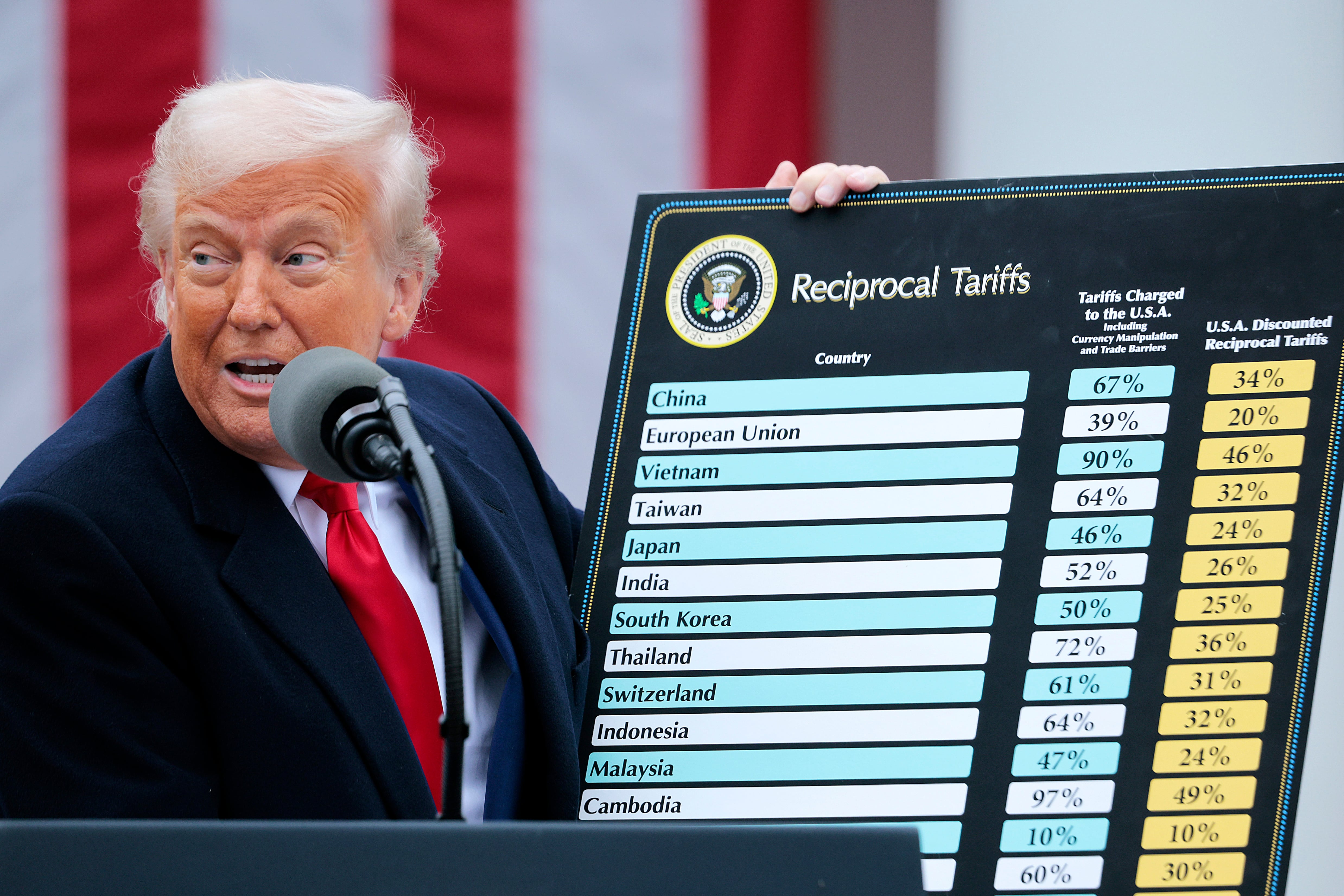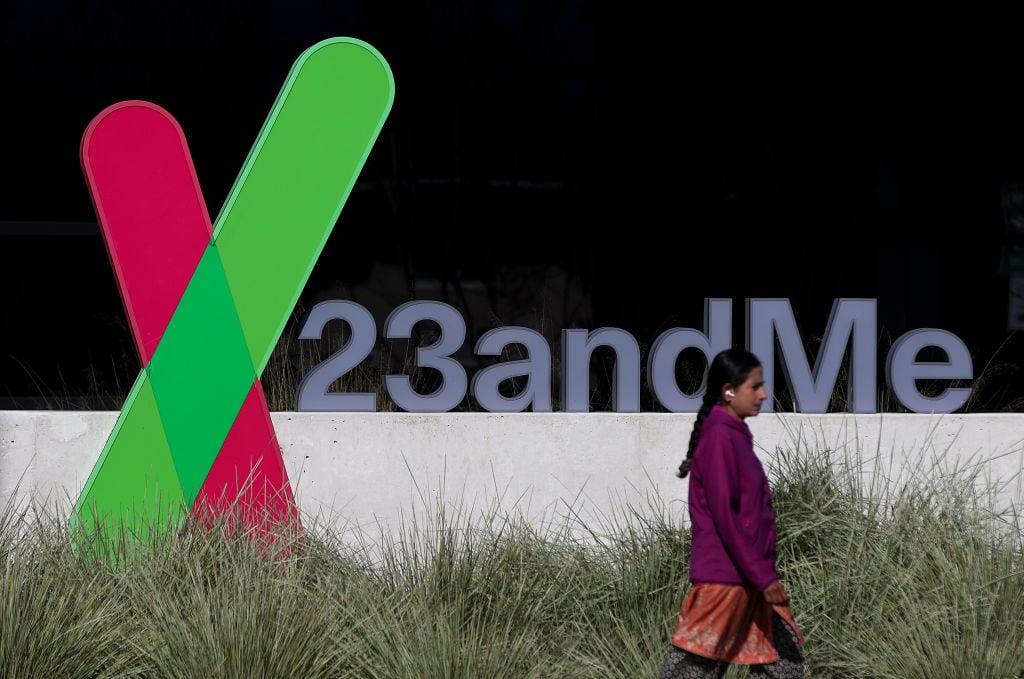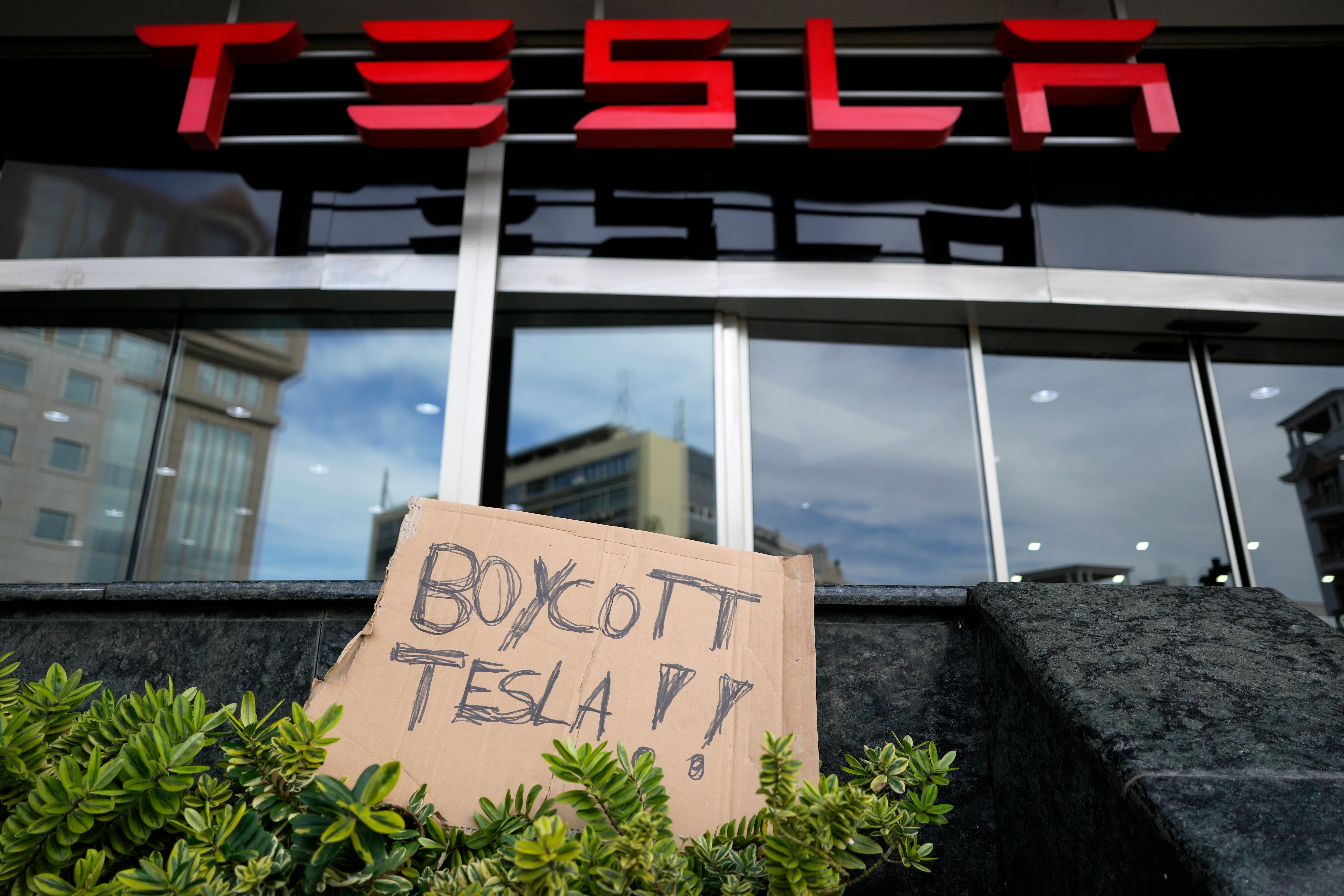Japanese carmakers Honda and Nissan have agreed to merge in 2026, saying that developing new technologies was too hard to do alone. Throw Mitsubishi, in which Nissan has a controlling interest, into the mix, and the company would become the world’s third-largest carmaker after Toyota and Volkswagen, selling 8 million vehicles a year.
The move to electric vehicles and autonomous cars, driven by AI, is making innovation harder and more expensive, one reason for the combination. “It would be tough to do that by ourselves,” said Honda CEO Toshihiro Mibe. But both firms have similar vehicle lineups, meaning managing the combination will take time, and could be contentious. Honda, the larger of the two firms, will have a majority of directors on the new company’s board, and Mibe will be its CEO. Shares in Nissan rose nearly 30% on the news, and Honda shares were up almost 14%.
The move comes amid rising pressure from China, where inexpensive electric vehicles dominate the local market and threaten the hold of many conventional carmakers. Pure battery and plug-in hybrids are expected to make up half the new-vehicle sales in China next year, with sales growing 20% to 12 million autos, according to data gathered by The Financial Times. The scale of China’s EV industry means costs keep dropping, giving companies like BDY tremendous advantages, even with steep tariffs and even steeper threatened tariffs in Europe and the U.S.
Internal combustion engine cars have seen annual sales in China drop 30% since 2022, suggesting that foreign automakers with traditional assembly lines in China will have virtually no market by the end of the decade. Foreign brands took a record low 37% of new car sales in 2024, down from 64% in 2020. GM already wrote down $5 billion of its China joint venture, and Volkswagen has cut the value of its China operation by 20 billion euros.
Watch Big Business This Week on Cheddar—and YouTube!
Elon’s World
Who exactly is in Elon’s World? The New York Times has a useful primer of who’s who in Muskdom, including his backers (Peter Thiel, Mark Andreessen and Larry Ellison), his friends (Rupert Murdoch, Michael Dell, Ari Emanuel), his family (Mom, Dad, Kimbal, his wives), his lieutenants (lawyer Alex Spiro, Linda Yaccarino and cost-cutter Steve Davis), and The Trumpists (Tucker, Vivek, and Mr. T himself). • All those cracks about “President Musk” and “Vice President Trump” are getting under The Donald’s skin. Speaking last weekend at a meeting of conservative activists in Phoenix, Trump brought up the rivalry un-prompted: “No, he’s not going to be president, that I can tell you. And I’m safe, you know why? He can’t be — he wasn’t born in this country.” Trump famously questioned the birthplace of Barack Obama, who went on to serve two terms as president. • Musk posted a pic of himself looking slim in a Santa suit, and called himself “Ozempic Santa,” though he added that technically he’s not using the famed Novo Nordisk drug but rather rival Eli Lily’s product, Mounjaro.
The Usual Suspects
- Steel waiting: As Pittsburgh-based U.S. Steel and its union wait to hear if the U.S. will approve the metalmaker’s sale to Japan’s Nippon Steel, the feds’ Committee on Foreign Investment in the United States has decided to kick the can to President Joe Biden, who has vowed to scuttle the sale, saying the firm should remain U.S.-owned and operated. His administration has been divided between concern for the future of U.S.-made steel, a national security issue, and the hopes of finding a buyer who could revive its aging mills.
- Squid Game is back: Netflix is banking on a second season of Squid Game, the Korean do-or-die series that grabbed 2.8 billion views since its 2021 debut, making it the most-watched program ever on the platform. Locally made content for regions around the world is now generating most of Netflix’s subscriber growth, and the company has 26 local production offices overseas, each able to green-light its own shows. Meanwhile, Netflix has acquired the rights to broadcast the women’s soccer World Cup in 2027 and 2031. Netflix had major technical issues when it broadcast a boxing match between Mike Tyson and Jake Paul earlier this year, raising questions about its ability to mass-stream live events.
- American wait lines: At Thanksgiving, it was a shortage of air traffic controllers that bogged down air travel, especially for United and its Newark hub. For Christmas, a software bug on Tuesday stymied American Airlines flights, preventing planes from being cleared for takeoff: only 15% of the carrier’s flights left on time before the bug was fixed that evening. It’s another sign that the U.S. air transportation industry is in need of major investment and a technical overhaul, and comes after a flawed software security update from CrowdStrike halted flights around the world. But Donald Trump’s plan to cut government spending and loosen regulation means it’s unlikely that the problems will be fixed anytime soon.
- Venting over Ventis: A five-day strike by baristas at more than 500 unionized Starbucks coffee shops is just the beginning of potential action by workers who feel they are underpaid and say the company isn’t making a serious offer. Under new CEO Brian Niccol, the company says it’s the workers who are making unreasonable demands. They say they want raises of 64% to 77% over the life of a three-year contract, but the company says that including benefits, workers are already making $20 to $30 an hour, and offered a 1.5% annual raise.
- Tax break: About a million U.S. taxpayers will see a $1,400 check in the mail from the IRS. The payments come after the agency noticed many taxpayers had failed to complete the application for pandemic-era relief in 2021, meant for those who did not receive a third stimulus check distributed by the feds after the coronavirus shutdowns.
- Nordstrom’s private sale: The Nordstrom family has struck a deal to take their eponymous department store chain private at $24.25 a share, valuing the company at $6.25 billion. The company’s shares have plummeted since a peak above $80 in 2014. The family is partnering with El Puerto de Liverpool, a Mexican real estate and department store company that has owned a stake in Nordstrom since 2022.
- Telegram telegraphs profits: Telegram, the social media platform known for the privacy protocols that make it a favorite of political opposition movements and drug smugglers, is on track to surpass $1 billion in revenue, nearly triple last year’s income, and possibly turning a profit this year, the New York Times reports, citing an inside source. Despite reporting a user base of about 1 billion people, the company has struggled to make money because its anonymous users can’t be targeted by ads. It has made some money from launching its own cryptocurrency, Toncoin.
- Hedgehog eats lion: Paramount’s Sonic the Hedgehog 3 beat Disney’s Lion King prequel Mufasa at the box office last weekend, hauling in $62 million to the jungle king’s $35 million. Sonic cost $122 million to make, while Mufasa cost $200 million.
What do you think of Big Business This Week? Tell us how you really feel in this survey!
The Short Stack
- Buying is back: The wrapping paper’s still all over the floor, and the batteries you ordered last night on Amazon haven’t arrived yet, but the first numbers on Christmas shopping are in. According to a tally by MasterCard SpendingPulse, total spending by American consumers for the holiday period (Nov. 1 to Dec. 24) was up 3.8% from last year, although that’s before accounting for inflation, which has been about 2.5%–2.8% this year. Online sales were up 6.7% and brick-and-mortar store sales were up 2.9%. The survey says lower-priced holiday deals drove spending.
- Biden tariffs? The Biden Administration is looking into China’s production of older types of silicon chips used in cars, appliances, telecom equipment, and weapons. The U.S. says China’s government is subsidizing the production of the chips in an effort to create a “supply-chain choke point,” giving it economic leverage over the U.S. Tariffs could be imposed on goods made with the Chinese chips.
- Rocket gets a rocket: The Consumer Financial Protection Bureau, the regulator that Elon Musk wants to shut, has sued Rocket Homes for promoting mortgages offered by its partner Rocket Mortgage, and failing to tell prospective home buyers about the availability of products offered by other lenders and government agencies, including down-payment assistance programs. The company called the accusation that homebuyers paid more than they should have when using Rocket Homes “a lie.”
- Pharma TV ad ban? RFK Jr. and Elon Musk are attacking those TV ads for drugs used to treat everything from erectile dysfunction to kidney disease, arguing they lead broadcasters to cover the pharma industry more favorably, and do nothing to improve the health of Americans. It’s not clear how a ban could be enforced: Big Pharma has won previous court battles and broadcasters get significant income from the ads, with both arguing a ban would infringe their First Amendment free speech rights.
- Party’s over: Party City is closing its more than 700 stores in the U.S. by Feb. 28, the company said, citing “inflationary pressures on costs and consumer spending.” The party supply chain filed for Chapter 11 bankruptcy protection in January 2023. It exited bankruptcy in August last year, but was unable to make a go of it. Stores in Canada, Hawaii and Puerto Rico, as well as some franchised outlets in the U.S., are likely to remain open. Container Store also announced it is filing for bankruptcy protection, and hoping to emerge on more solid financial ground. Beyond, the owner of Bed, Bath and Beyond and Overstock, said it could not make a proposed $40 million investment in Container Store. Retailers are shutting their doors more often this year than last year, according to Coresight research, which blamed Amazon and China-based shopping sites Shein and Temu for taking customers from brick-and-mortar stores.
- Gas boom: The natural gas industry is expecting big growth this year, as President-elect Donald Trump’s “drill, baby, drill” policies are expected to open more areas to exploration, and gas processors and refiners will be building more facilities to handle the greater flows. The U.S. is already the world’s largest exporter of liquified natural gas, even amid dire warnings that burning hydrocarbons will speed planetary warming. While Energy Secretary Jennifer Granholm says there’s little market for more capacity, the industry says U.S. gas is needed to replace dirtier fuels, like coal, burned in China, India, and elsewhere.
Get Big Business This Week in your inbox every week—and read it before everybody else! Sign up today.
Tales of the Nepo-Moguls
So Skydance’s CEO David Ellison, the son of Oracle founder and megayacht owner Larry Ellison, is about to take control of Paramount, the entertainment conglomerate assembled by the late mogul Sumner Redstone, and controlled and run for the past several years by his daughter Shari. Paramount comes with a host of resources, including CBS, cable networks such as MTV and Comedy Central, and the famed Paramount Studios, whose Sonic the Hedgehog 3 bested Disney’s latest Lion King drama at the box office last weekend.
But Ellison has his work cut out for him. Paramount’s streaming business has been growing slowly, but the cable business is declining even faster, with the company writing down its value by $6 billion in August, and the industry as a whole looking for a new business model as viewers abandon traditional TV and even cable channels, for for streaming.
The trickiest part will be increasing revenue. Paramount makes most of its profits from cable networks, but they’re losing audiences and with them, ad dollars.
Ellison and his top lieutenant, Jeff Schell, are looking to cut $2 billion in annual costs, but its not clear how they can cut costs without cutting revenue. They’ve hired a former Netflix executive, Cindy Holland, to oversee streaming, but they are running up against a reluctance by consumers to keep paying for multiple streaming services. Combining studios for film, TV and streaming may help cut costs, but it could also create bottlenecks as productions jostle for access to cash, studios and stars.
Meanwhile, the $8.4 billion deal is facing a challenge from a nonprofit public-interest law firm that wants the Federal Communications Commission to block the deal, citing an investment in Skydance by China’s Tencent Holdings and what it called ideological bias at CBS News. The FCC has to approve the deal in the next few months, or it could collapse.
Peter S. Green is a veteran reporter and editor who has spent more than two decades covering business and finance from Eastern Europe to New York City, and has worked for Bloomberg News, The New York Post, The New York Times and The Messenger. He lives in New York City and is always looking for the next big story.

